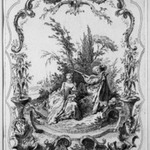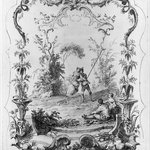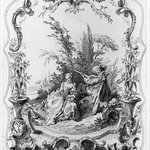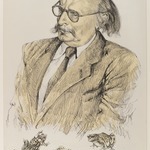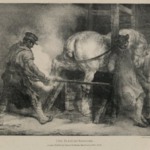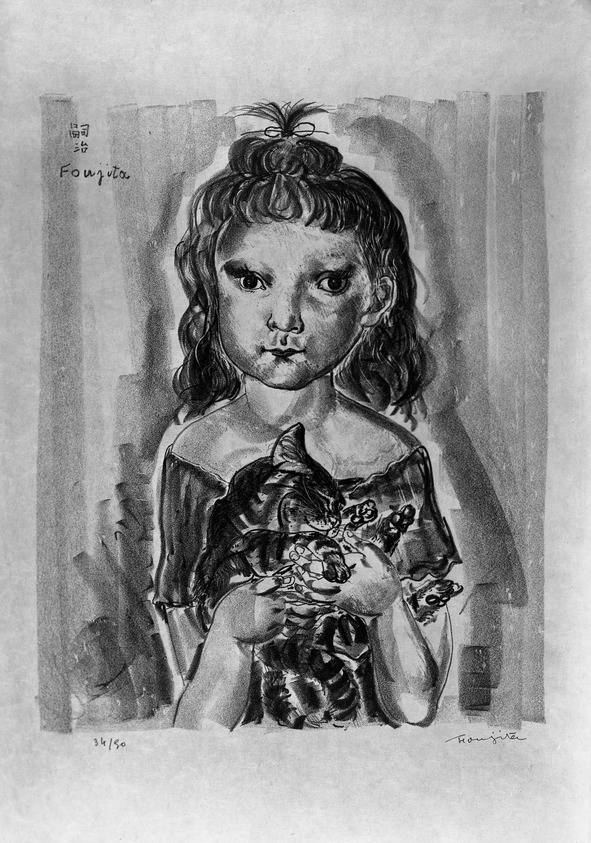
This image is presented as a "thumbnail" because it is protected by copyright. The Brooklyn Museum respects the rights of artists who retain the copyright to their work.
Portrait of a Girl with Cat
Tsuguharu Foujita
European Art
After attending art school in Tokyo, Tsuguharu Foujita moved to Paris in 1913, where he soon became friendly with Amedeo Modigliani and other avant-garde artists living in the Montparnasse district. Among his preferred subjects throughout the 1920s, a period of great success for him, were young children and, especially, cats.
During World War II he returned to Japan, where he created propagandistic works in support of the Japanese military effort. After the war, in 1949, he came to the United States, having secured a teaching position at the Brooklyn Museum Art School. However, denounced by some artists and others as a Japanese “collaborator,” Foujita never actually taught in Brooklyn.
During World War II he returned to Japan, where he created propagandistic works in support of the Japanese military effort. After the war, in 1949, he came to the United States, having secured a teaching position at the Brooklyn Museum Art School. However, denounced by some artists and others as a Japanese “collaborator,” Foujita never actually taught in Brooklyn.
MEDIUM
Lithograph on wove paper
DIMENSIONS
Image: 12 7/8 × 9 3/8 in. (32.7 × 23.8 cm)
sheet: 19 15/16 × 15 9/16 in. (50.6 × 39.5 cm) (show scale)



SIGNATURE
Signed, "Foujita" lower right margin
COLLECTIONS
European Art
ACCESSION NUMBER
39.65
CREDIT LINE
Gift of James K. Callaghan
MUSEUM LOCATION
This item is not on view
CAPTION
Tsuguharu Foujita (French, born Japan, 1886–1968). Portrait of a Girl with Cat. Lithograph on wove paper, Image: 12 7/8 × 9 3/8 in. (32.7 × 23.8 cm). Brooklyn Museum, Gift of James K. Callaghan, 39.65. © artist or artist's estate (Photo: Brooklyn Museum, 39.65_acetate_bw.jpg)
EDITION
Edition: 34/80
IMAGE
overall, 39.65_acetate_bw.jpg. Brooklyn Museum photograph
"CUR" at the beginning of an image file name means that the image was created by a curatorial staff member. These study images may be digital point-and-shoot photographs, when we don\'t yet have high-quality studio photography, or they may be scans of older negatives, slides, or photographic prints, providing historical documentation of the object.
RIGHTS STATEMENT
© artist or artist's estate
Copyright for this work may be controlled by the artist, the artist's estate, or other rights holders. A more detailed analysis of its rights history may, however, place it in the public domain.
The Museum does not warrant that the use of this work will not infringe on the rights of third parties. It is your responsibility to determine and satisfy copyright or other use restrictions before copying, transmitting, or making other use of protected items beyond that allowed by "fair use," as such term is understood under the United States Copyright Act.
For further information about copyright, we recommend resources at the United States Library of Congress, Cornell University, Copyright and Cultural Institutions: Guidelines for U.S. Libraries, Archives, and Museums, and Copyright Watch.
For more information about the Museum's rights project, including how rights types are assigned, please see our blog posts on copyright.
If you have any information regarding this work and rights to it, please contact copyright@brooklynmuseum.org.
RECORD COMPLETENESS
Not every record you will find here is complete. More information is available for some works than for others, and some entries have been updated more recently. Records are frequently reviewed and revised, and we welcome any additional information you might have.
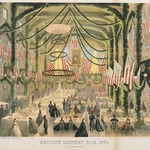
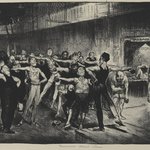
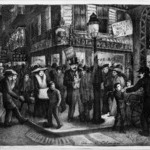
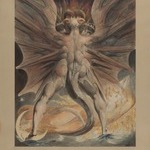
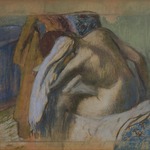
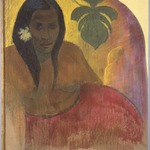
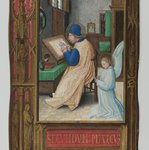
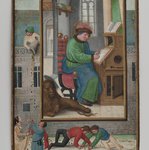
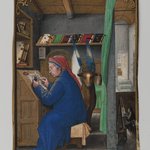
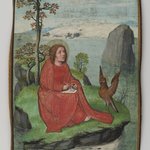
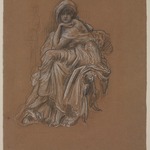
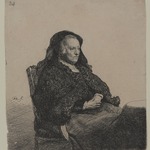
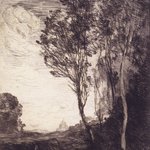
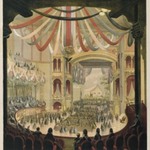
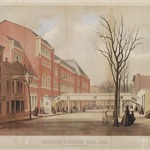
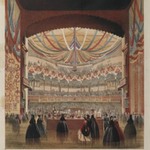
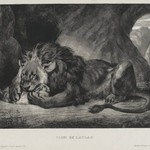
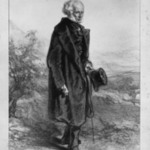
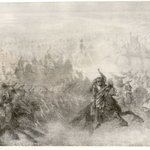
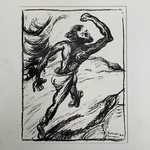
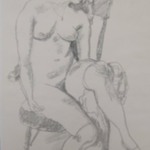
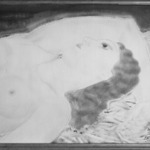
![Leda (Design for a China Plate) (Leda [Projet dassiette])](https://d1lfxha3ugu3d4.cloudfront.net/images/opencollection/objects/size2_sq/38.116_transp1361.jpg)
